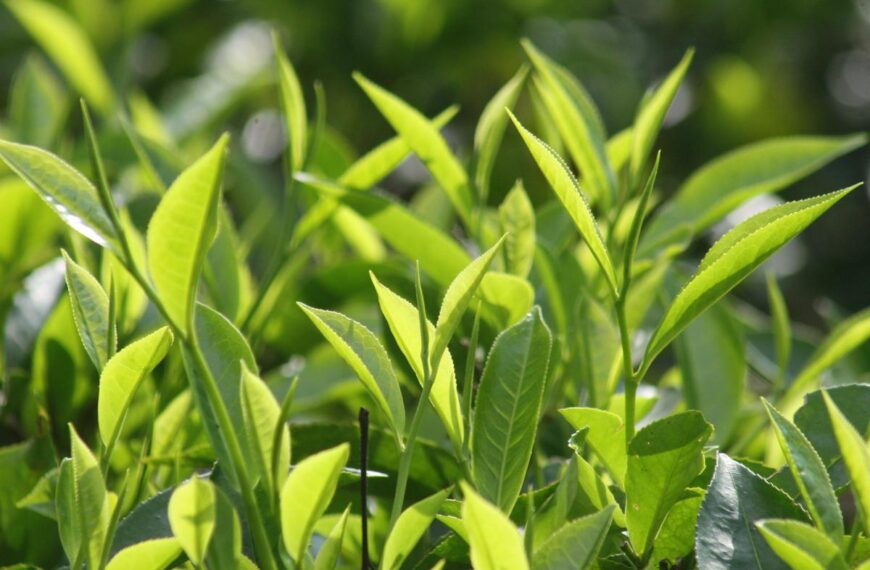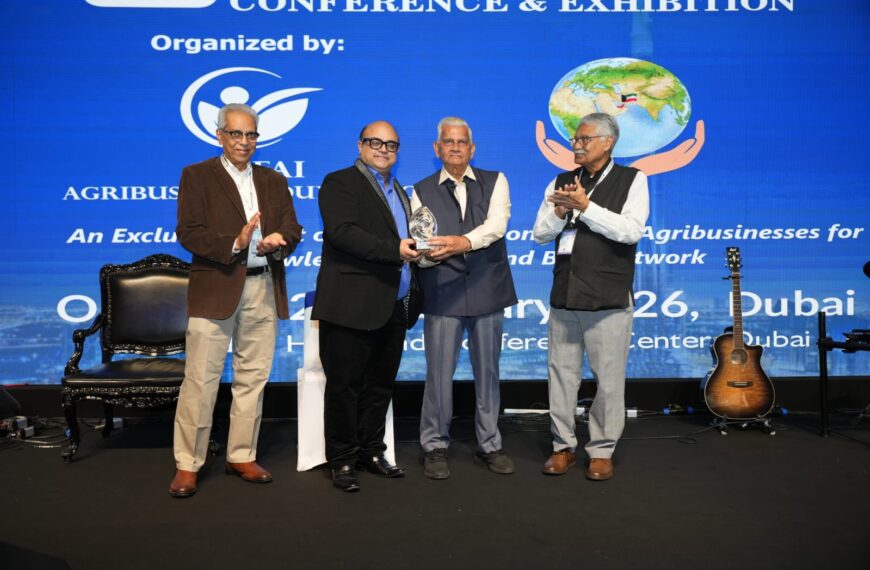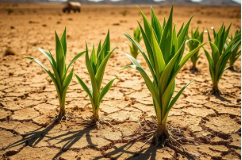
Smallholder farmers across India are increasingly adopting climate-smart agriculture (CSA) practices to cope with erratic weather patterns and rising production costs. The movement, championed by both government and non-government organizations, focuses on integrating drought-resistant seeds, precision irrigation, and low-till farming.
A recent study in Uttar Pradesh shows areas using CSA techniques achieved 20% higher crop resilience during unseasonal dry spells. Farmers praised sophisticated drip irrigation kits and moisture sensors that help optimize water usage, even in marginal landholdings.
Key stakeholders are collaborating: agritech startups are providing real-time weather forecasting via smart phones; the public sector is subsidizing solar pumps; NGOs offer training on composting and integrated pest management. The combined effect has not only improved crop yields but also reduced input costs by up to 15%.
Challenges remain particularly awareness, financing, and equipment upkeep. But by demonstrating tangible benefits in pilot villages and facilitating peer-to-peer learning, Project GreenGrowth (an NGO-led initiative) is helping scale CSA adoption nationally.























